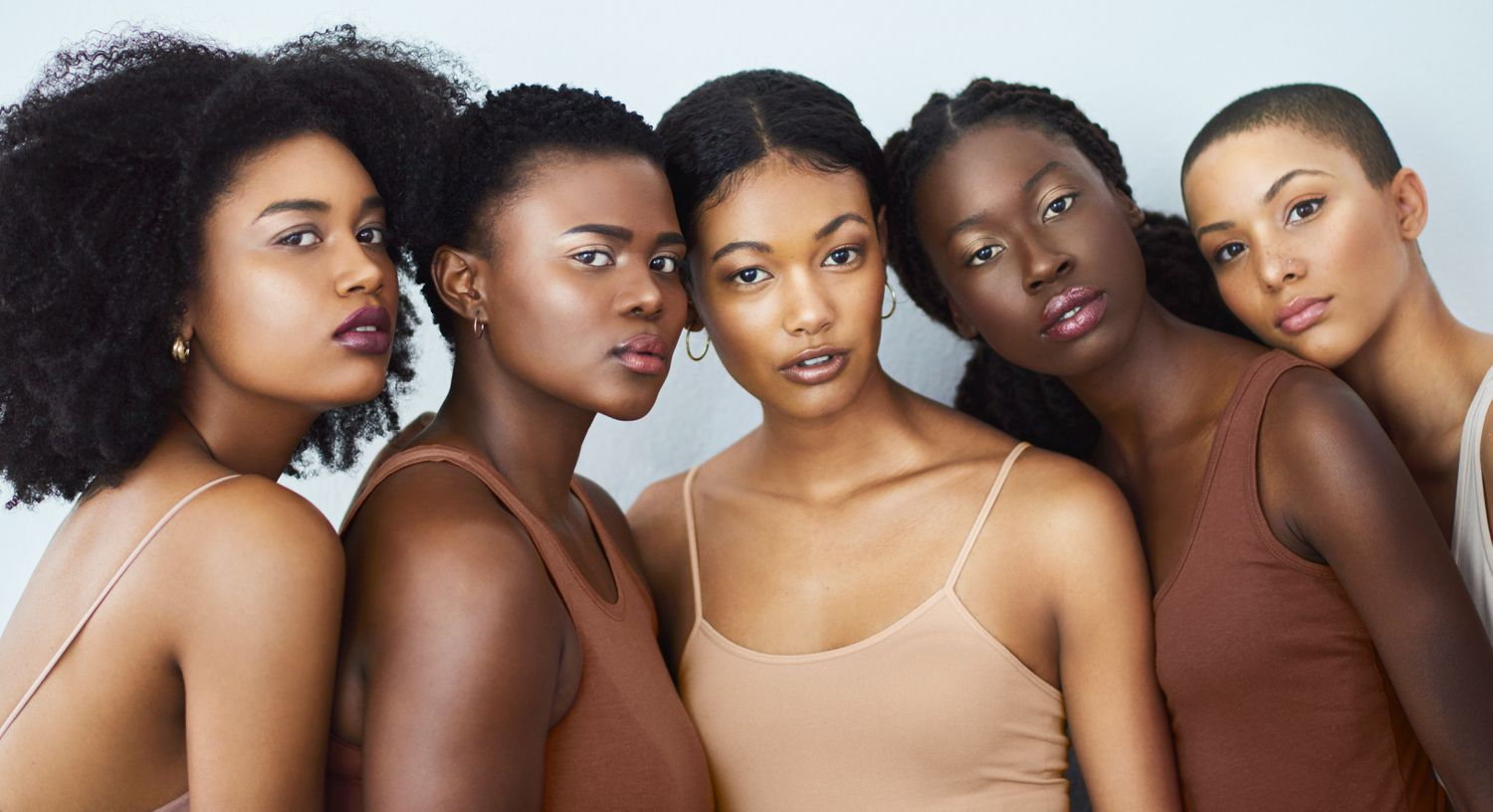Walk into any beauty aisle today and you’ll find an explosion of colors, textures, and stories. But it wasn’t always like this. Not too long ago, beauty shelves—and the faces behind the brands—were a lot less diverse. That’s starting to change, thanks in part to programs like Sephora Accelerate. This initiative is helping usher in a new generation of BIPOC beauty founders who are challenging old norms and raising the bar for everyone.

Sephora Accelerate has also emerged as a significant catapult for emerging beauty companies, particularly those with people-of-color founders. Though the program started with a broad number of businesses, in 2021 it narrowed its focus to cover just product-based brands with founders of color. This was by the Fifteen Percent Pledge—a call for retailers to allocate 15% of their shelf space to Black-owned companies. But it wasn’t symbolic. It was a meaningful move toward breaking down actual barriers these founders encounter, from gaps in funding to absence of mentorship and retail visibility. As Sephora’s Global Chief Merchandising Officer Priya Venkatesh described it, “This program has become a proven platform for championing diverse founders and empowering them with the resources, expertise, and community they need to launch and thrive.”
Beauty representation is more than who gets to stock lipstick. It’s about whose narratives are placed at the center, whose demands are fulfilled, and who gets to set beauty standards in the first place. For decades, many consumers of color were unable to find products that made their skin, hair, or routines work. Today, founders whose lived experiences were once marginalized are filling the gaps, introducing new perspectives and solutions that feel both intimate and desperately needed.
This year’s 2025 Accelerate group shows that shift in a big way. It comprises eight BIPOC-led brands in the skincare, haircare, makeup, and fragrance space. Four of them are led by Black women, each with an individual story and purpose.
Funmi Monet, creator of INFLUXIOUS, transitioned from beauty influencer to fragrance founder. Her passion for fragrance began early—with middle school fixations on Britney Spears’ Fantasy—and grew into an abiding love of scent as a means of self-expression. Scent is not just smelling good, she thinks. It’s emotional. It’s powerful. The Accelerate program provided her with the resources to grow smartly, from supply chain tactics to money management. As she describes, “Having Sephora’s insight up front assisted me in making better supply chain choices and refining my unit economics. Their merchandising guidance provided me with the blueprint. The grant provided space to breathe.”
Aziza El Wanni founded The Potion Studio because she was frustrated to death. Having textured hair in environments that didn’t honor it, she was fed up with applying products that didn’t work or were unclean. She began experimenting with her recipes in her mother’s kitchen, which evolved into a mission to produce clean, climate-resilient haircare that works. Her products are founded on fond memories of moisturizing routines and the ideology that textured hair must be treated to care that’s simple yet effective. Through Accelerate’s guidance, she’s currently developing a brand with purpose and longevity.
Judy Koloko’s brand, The Steam Bar, was born out of her existence as a British-born Nigerian who traveled frequently but never discovered haircare products that addressed wigs, weaves, or natural hair. Her solution? A brand that specializes in “skincare for the scalp,” marrying steam therapy with high-performance treatments. Judy’s childhood memories—such as monthly hot oil treatments in front of the TV—formed her opinion that haircare must be sacred, restorative, and luxurious. Today, she’s getting ready to export her experiential pop-up salon concept to the US, reframing haircare as an all-out self-care experience.
For Christal Alert, TONAL Cosmetics founder, the journey began in frustration as well—that time with makeup that simply could not keep pace with life. Created in the Caribbean and put to the test in real heat and humidity, TONAL is about high-performance products that perform and look great while doing it. Christal’s earliest beauty memory? Her mom gave her a sparkly Estée Lauder lip gloss—enough to prove that even a single product can make you feel a whole different way about yourself. Her experience growing up in an environment where diversity was the standard informed her conviction that inclusivity must be a matter of instinct, rather than a trend.
Support and community are at the heart of Sephora Accelerate. The six-month program covers everything from building a business to marketing strategy, and offers participants access to investors, mentors, and other founders. Besides that, initiatives like the Dream Makers Founder Grant (started by Briogeo founder Nancy Twine) and the Sephora Beauty Grant, which awards a Black beauty founder $100,000, offer real, tangible support in an industry where funding continues to be hard to come by. According to Crunchbase, Black beauty founders in the United States were only allotted 5.6% of beauty industry funding in 2024, down from 9.56% in 2022.
Of course, despite all of this development, there are still challenges. Access to capital and scalability issues persist, especially when smaller brands are trying to compete against industry players. As Nancy Twine highlights, access to information and mentorship can be an excellent leveling tool, but in order to remain competitive, there has to be a clever approach, robust inventory control, and an authentic brand voice.
The grand finale? These initiatives are not just about starting businesses—they’re about game-changing. By investing in BIPOC founders with funding, mentorship, and exposure, Sephora Accelerate and its partners are reimagining what beauty is and who gets to decide. What ensues is a more inclusive, innovative, and vibrant industry where more individuals can finally see themselves reflected on the shelves.
